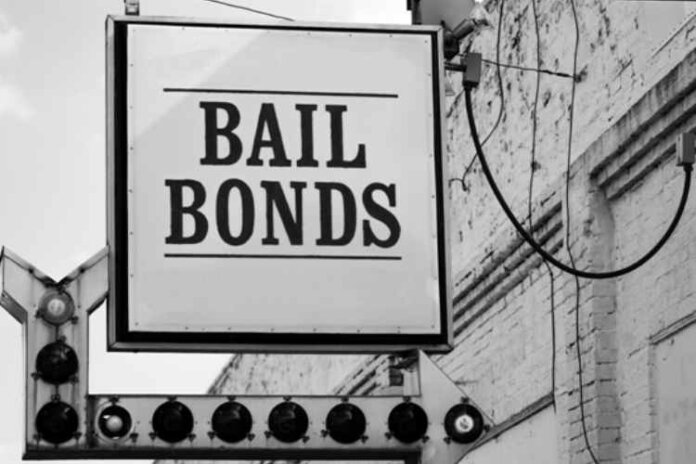
Arrests are unfortunately common in the U.S., with around 10.5 million each year. It’s important to note that an arrest can happen for a wide variety of reasons, many of them non-violent.
Once a person gets arrested, though, it can prove a confusing time for friends and family who want to help. Most people know that, for example, you get someone out on bail, but they don’t know what a bail bond is or how they work.
If you want a better understanding of bail bonds, keep reading. We’ll provide a quick overview of bail bonds, how you get one, and how they work.
What Is a Bail Bond?
Following a person’s arrest, they head off to jail. This isn’t a prison. You can head over here to read about the differences.
Then, they must make a court appearance. Sometimes, it’s an arraignment and, sometimes, it’s a bail hearing. The more common procedure is a combination of the two.
At this appearance, the judge sets a bail amount. In other words, it’s the amount required to free the person from jail ahead of future court appearances.
A licensed bondsman provides you with the bail bond, which is a kind of surety bond. In essence, the bondsman promises the court that they’ll either pay the full amount or get the person to court.
Posting bail means the bondsman has issued the bond.
Paying for Bail
Assuming you don’t pay the full bail amount out of pocket, you work with a bondsman. That raises the question of how to pail for bail when working with a bondsman.
Most bondsmen don’t ask for the full amount to issue the bond. Instead, they ask for a percentage upfront. The percentage varies from state to state, but it typically falls in the 10 percent to 15 percent range.
Some states set a hard maximum, while a few states set no limit. A very few states don’t allow private bail.
The typical form of payment for your bail bond is cash, but some bondsmen will also take forms of personal property in lieu of cash. For example, they might accept a car title, jewelry, or even a property deed for big cases.
After the Court Appearance
Assuming the person shows up for all of their court appearances, what happens then? In the case of a bail bondsman, you don’t get your money back. Although, if you put up property as collateral, they may let you pay them off over time and return the property.
A Bail Bond and You
With any luck, neither you nor anyone you know will ever find themselves in need of bail. If the worst happens and you or a loved one gets arrested, knowing that a bail bond is in your future helps.
It gives you or your loved ones time to track down a reputable and licensed bail bondsman to help. The only exception to this might be if the bail is set very low for a minor crime.
Looking for more information on bail bonds. Check out the posts in our Legal category.











